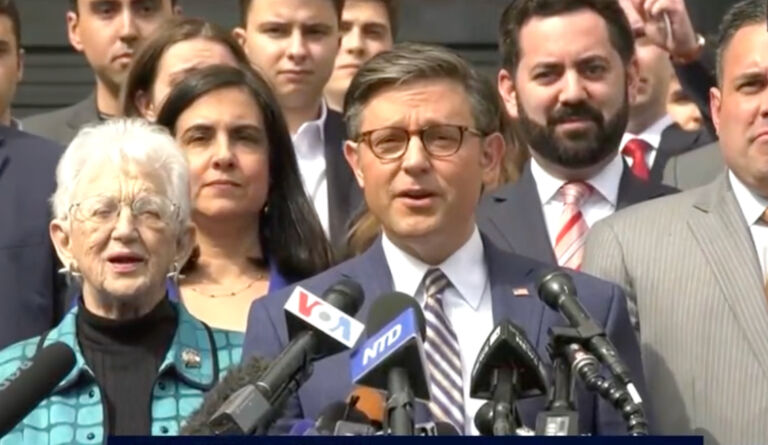Weekly John Locke Foundation research division newsletter focusing on environmental issues.
The newsletter highlights relevant analysis done by the JLF and other think tanks as well as items in the news.
1. Duke Energy whines about competition
As reported by channel 9 WSOC TV in Charlotte, "Duke Energy’s CEO Jim Rogers is calling a move by another power giant a ‘potential threat.’" So what is the head of one of the nation’s largest and most politically powerful monopolies complaining about? It’s something that most businesses have to deal with everyday of their existence — competition. Apparently NRG energy will begin bypassing local utilities and start selling solar panels to individual homeowners and businesses along with new technology that will allow their customers to store the electricity. As channel 9 reports, this will allow homeowners to become "their own utility company." In other words they would get to do an end run around the Duke monopoly. See the video clip here for the entire news story.
I have no idea whether this technology is feasible or economical; that is something for the market to decide. The point is that the market must be left free to make this determination and all existing legal barriers to entering the electricity market by NRG or companies offering similar opportunities to utility customers should be removed. Duke Power and other utilities have been and remain protected government monopolies with guaranteed profit margins. What state legislators and regulators have to guard against is the possibility of further protecting their monopoly position by succumbing to pressure from Duke to legally stifle new technologies that hold the potential of benefiting customers by providing real competition.
2. Renewable Portfolio Standard drives Duke’s rate hike requests
Carolina Regulatory Update, a newsletter published by the company Resource System Management, is reporting that recent rate hike requests by Duke Power are being driven in part by so-called energy efficiency programs required under North Carolina’s renewable portfolio mandate. While North Carolina requires that, by the year 2021, 12.5 percent of the electricity in the state be generated using so-called renewable energy sources like wind and solar power, it allows up to 5 percent of that to come from what the legislation calls energy efficiency measures, i.e., getting people to use less electricity. In order for this to happen, Duke and other utilities have to implement special incentive programs to encourage people to cut back because, from the perspective of electricity customers, many of these measures involve giving up comforts or incurring extra costs in equipment. In other words, from the perspective of the customer, enhanced energy efficiency is often not actually more efficient. Indeed, a red flag should always go up when something that supposedly improves efficiency actually ends up costing more money.
Carolina Regulatory Update is reporting that the costs of these programs are, in part, behind recent rate hike requests by Duke. According to the newsletter:
On March 6, 2013, Duke Energy filed a petition with the NCUC to adjust the fuel and energy efficiency components of customer bills. The filing proposes no changes in the fuel charge, but the charges related to Demand Side Management (DSM) and Energy Efficiency (EE) programs will increase. The request is separate from, and in addition to, the 9.7% rate hike the utility requested in February. The DSM/EE increases are being justified by the investment in energy efficiency programs such as the Save-A-Watt pilot program. If approved, residential customer charges for DSM/EE will increase by $.002857 per kWh; and non-residential customer charges will increase by $.000387 per kWh.
But this isn’t all. The newsletter also suggests that there will soon be additional rate increase requests associated with higher costs of renewable energy relative to traditional sources like natural gas, coal, and nuclear. Again, according to CRU:
Duke is also expected to file a separate petition soon to increase rates relative to renewable energy investments required to comply with state law.
Click here for the Environmental Update archive.


